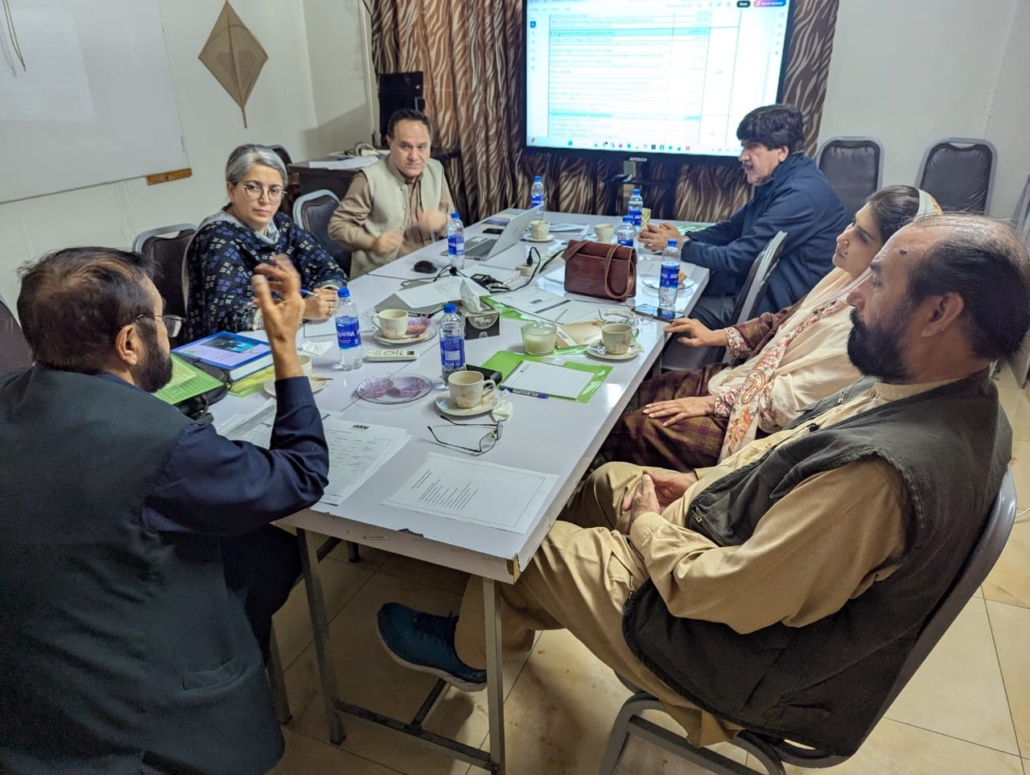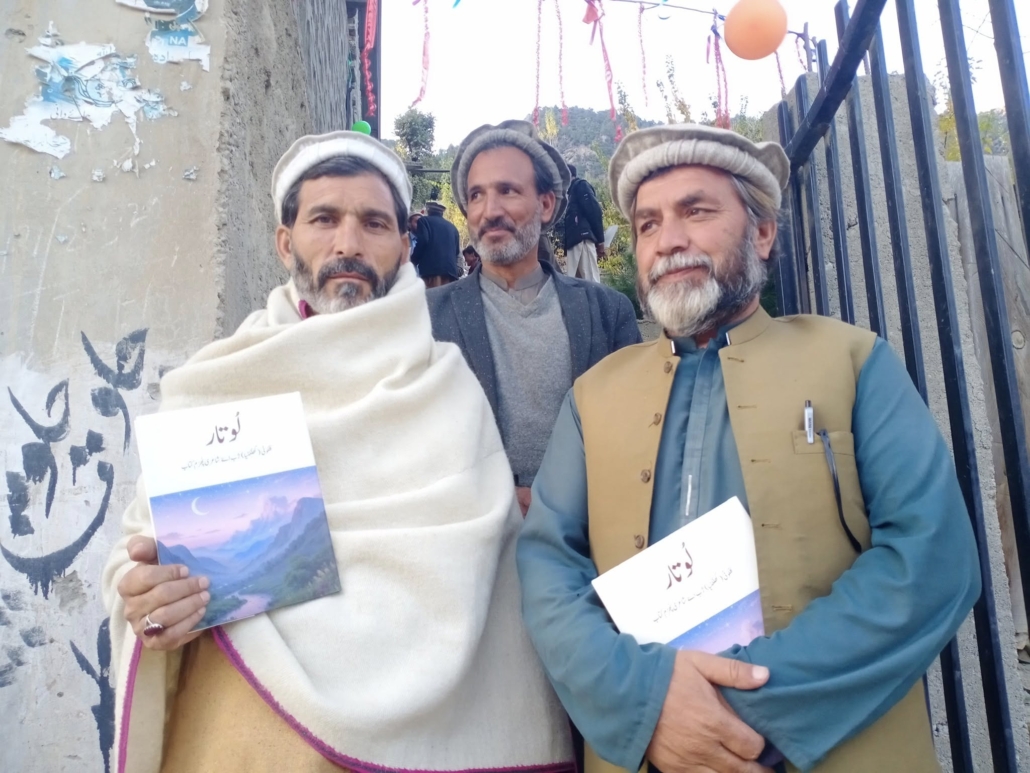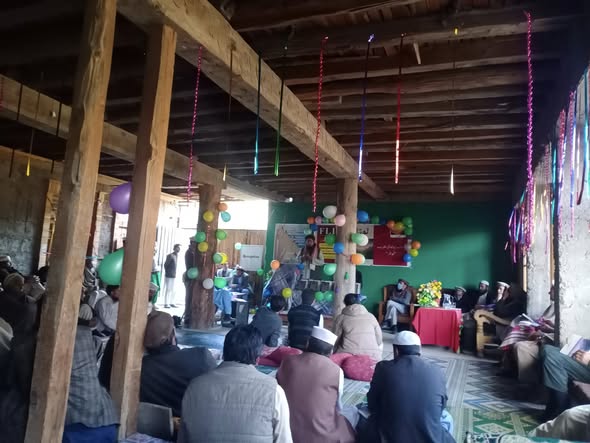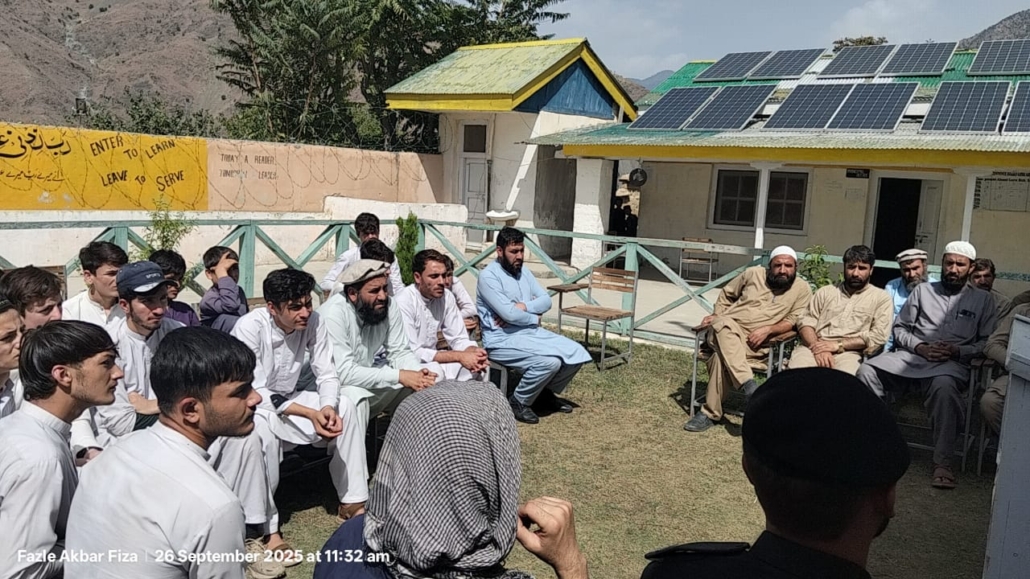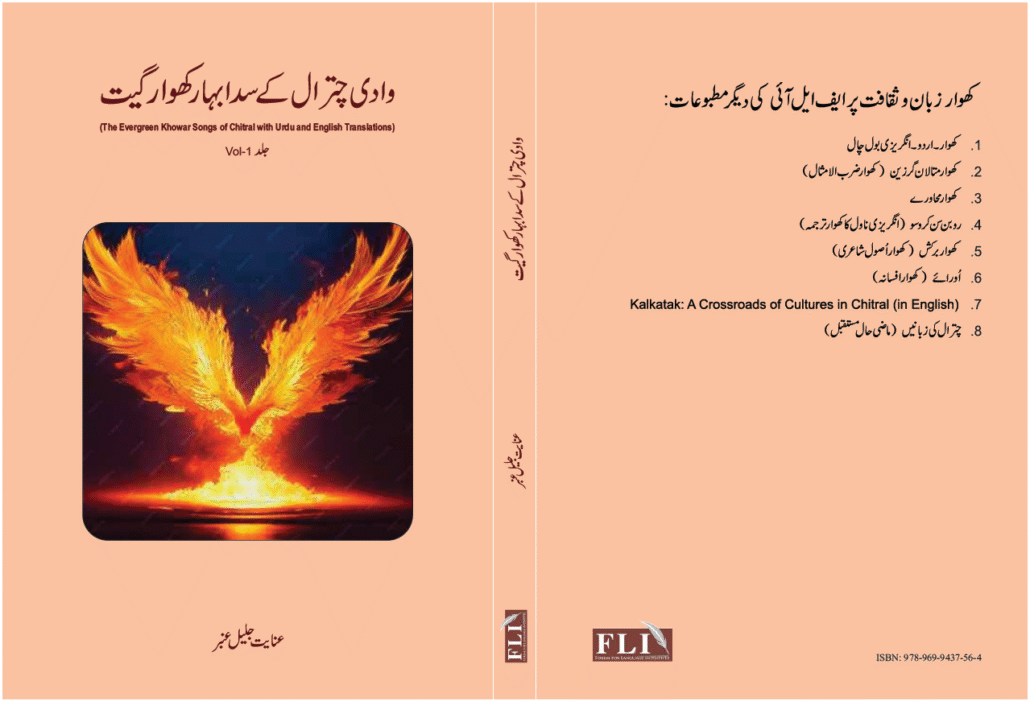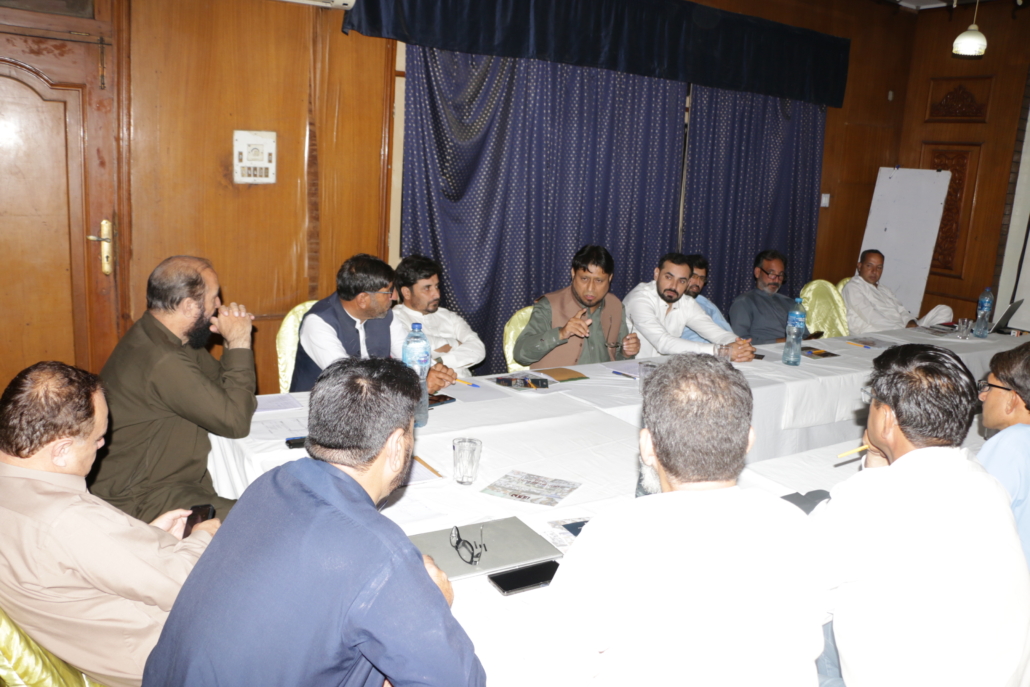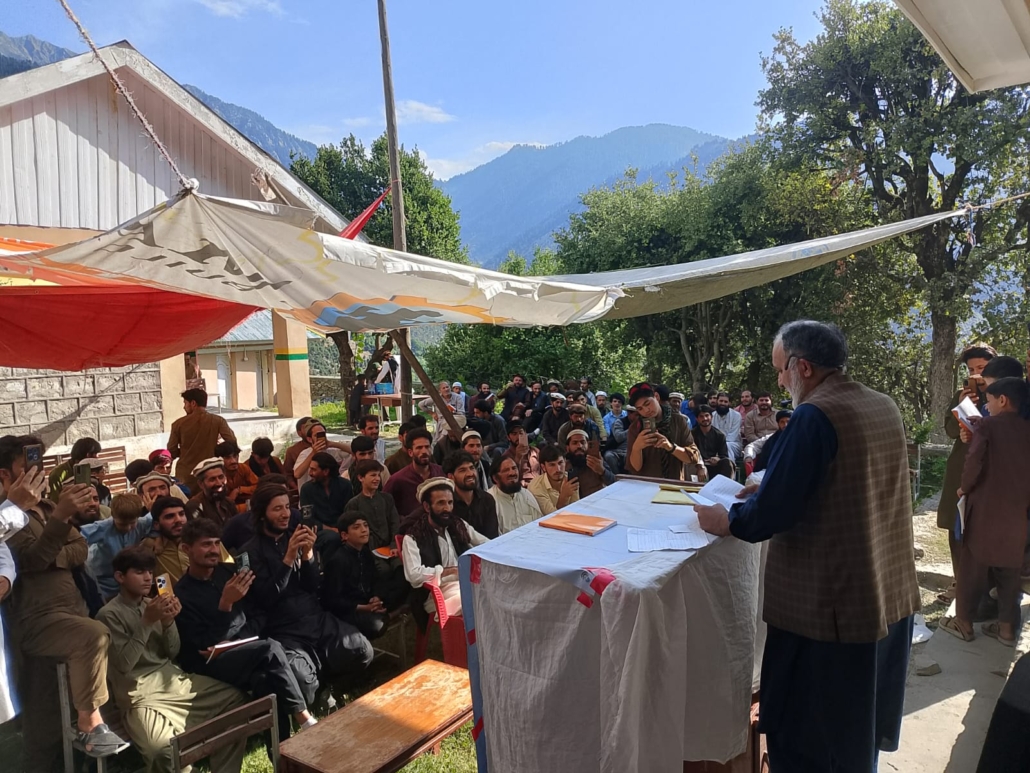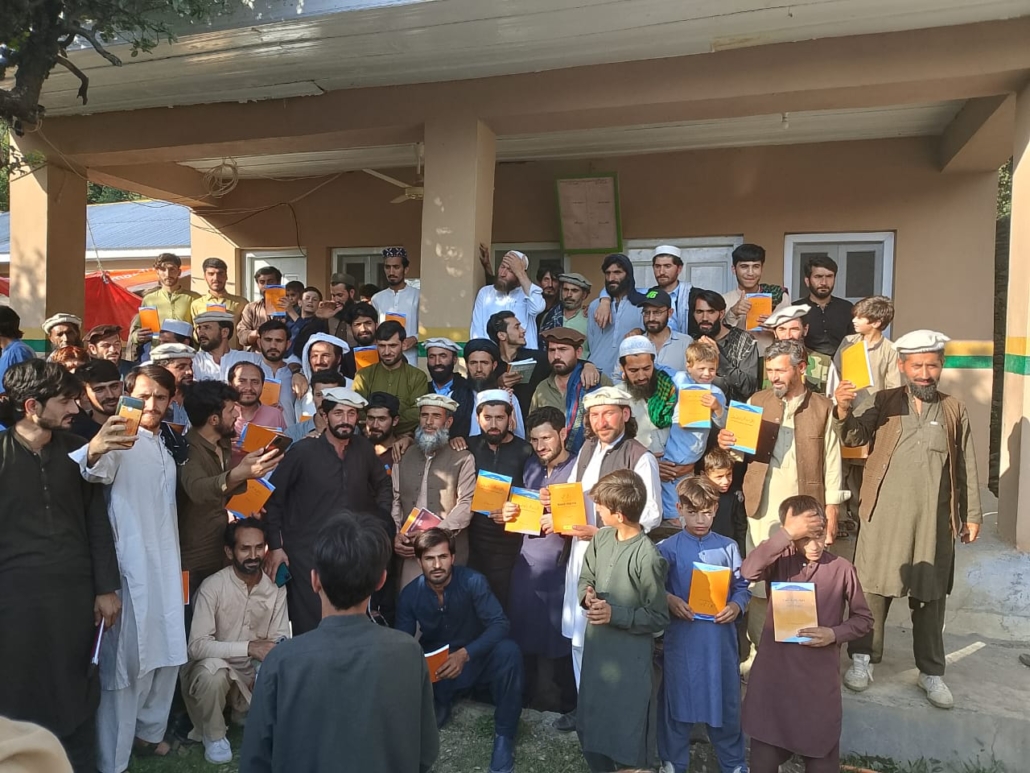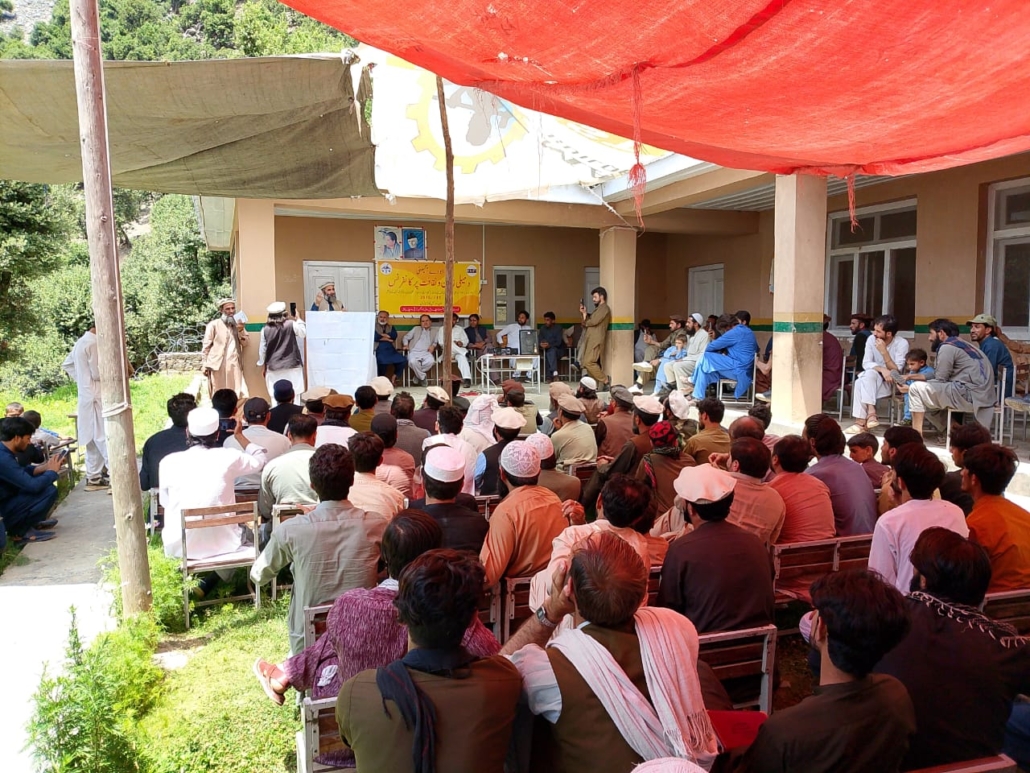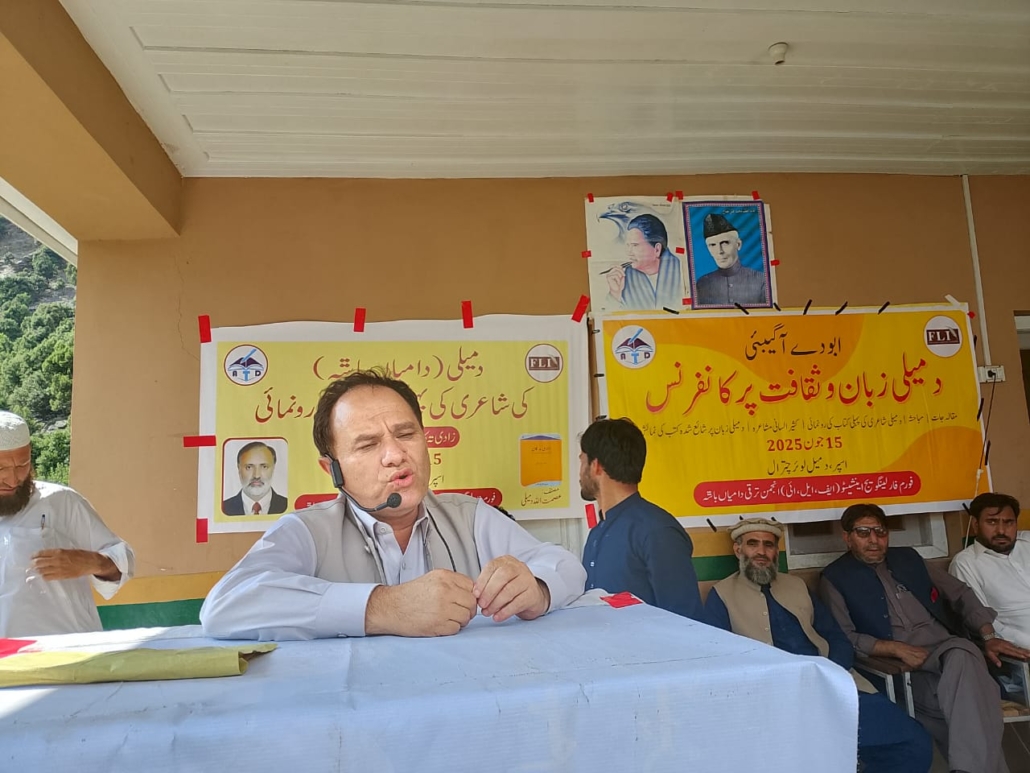The Executive Board of FLI held its biannual meeting on November 23, 2025, with all six board members and the Executive Director present. Attendees included Fouzia Qazi, Dr. Farhat Abdullah, Razwal Kohistan, and Fazal Karim. The session was chaired by Mr. Rozi Khan Burki, Chairman of the Executive Board.
The Board reviewed FLI’s performance over the past six months, highlighting achievements, identifying areas for improvement, and addressing current challenges. Updated policies were approved, key Executive Committee decisions endorsed, and the 2026 budget adopted to strengthen operations and impact.
Members also discussed strategies to tackle ongoing challenges, emphasizing collaboration, innovation, and community engagement as essential to advancing FLI’s mission.

